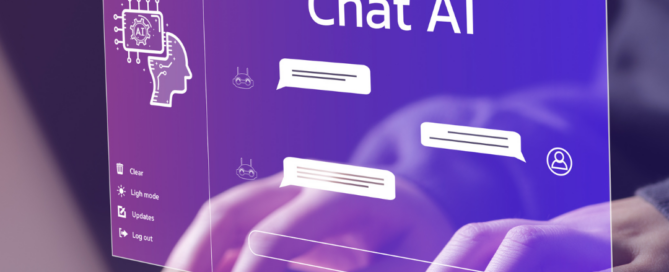Reading Rockets: Empowering Literacy for K-12 Education
Reading Rockets: Empowering Literacy for K-12 Education At Let’s Go Learn, we are dedicated to promoting tools and initiatives that advance literacy for students of all ages. One such initiative that is making a profound impact is Reading Rockets, a national multimedia literacy project created in 2007 by WETA, the second-largest public television










